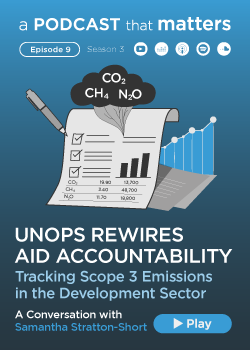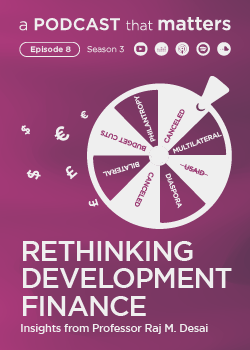Print

Time to Pay Up? Reparations and Global Development Challenges: REPAIR
Details
Locations:Netherlands
Start Date:Jan 1, 2024
End Date:Dec 31, 2028
Contract value: EUR 2,059,661
Sectors: Environment & Climate, Health, Research & Innovation, Security & Peacebuilding
Description
Programme(s): HORIZON.1.1 - European Research Council (ERC)
Topic(s): ERC-2023-STG - ERC STARTING GRANTS
Call for proposal: ERC-2023-STG
Funding Scheme: HORIZON-ERC - HORIZON ERC Grants
Grant agreement ID: 101115769
Objective:
Reparations have become a popular demand in global development contexts. Disenfranchised groups from around the world and countries from the Global South increasingly call for reparations. They ask for apologies for past harm, symbolic and institutional measures that recognize and prevent such harm, and – most controversially – for monetary payments. Reparations are meant to respond to environmental pollution, mitigate the worst effects of climate change, compensate for infectious disease outbreaks and terrorist attacks, and bring some degree of justice for indigenous peoples and other minorities.
REPAIR studies these new calls for reparations that address different global development challenges. It compares reparations for infectious disease outbreaks, climate change, minority rights violations, and toxic environments. The project’s research objectives are: 1. Compare how reparations payments are established, implemented and received as part of addressing these global development challenges 2. Learn what these payments teach us about reparations in development, from an economic, moral and political perspective 3. Identify what kind of wealth transfer reparations constitute, and what this tells us about the “reparative aspects” of economic life more generally.
REPAIR is innovative in that it is the first comparative social-science study of reparations in the field of development. It not only analyses a new and important set of reparations cases, but drastically broadens the comparative frame of their study. Moreover, REPAIR is the first research project to use novel theory and methods from economic anthropology to study reparations. This promises relevant new insights into their sociocultural nature and effects. Lastly, by investigating reparations as a form of wealth transfer and focusing on the “reparative aspects” of economic activity, REPAIR hopes to push the boundaries of our understanding of economic life in general.


